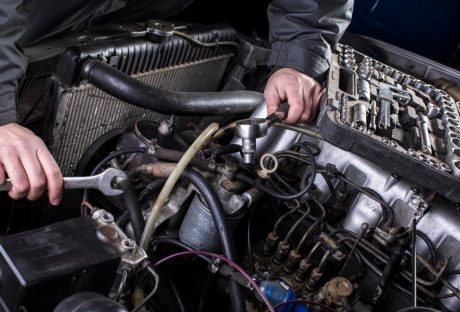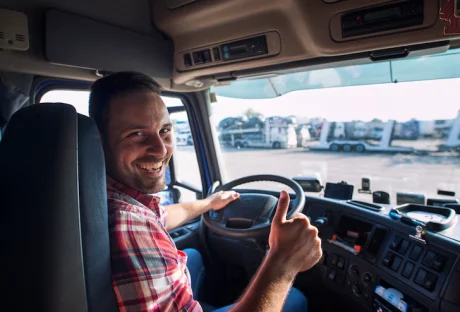In a world where roads are growing busier by the day, driving responsibly has become an absolute necessity. Responsible driving goes beyond the basic understanding of traffic rules. It requires a mindset that values safety over speed and prudence over impatience. Whether you’re a seasoned driver or someone who recently learned driving from a reputable driving instructor in Victoria, these tips will help you navigate the roads more responsibly.
1. Understand And Respect Traffic Rules
The foundation of responsible driving lies in understanding and respecting traffic rules. These regulations are put in place to maintain order on the roads and ensure safety. Understand the meaning of traffic signs, signals, road markings, and right-of-way rules. Remember, these rules are not optional guidelines, but laws designed to prevent accidents and save lives.
2. Never Drive Under The Influence
It goes without saying, but no list of tips on responsible driving can overlook the importance of sober driving. Driving under the influence of alcohol, drugs, or any form of intoxicants can have devastating consequences. It significantly impairs your ability to make sound judgments, react promptly, and control your vehicle properly. If you’ve had a drink, catch a cab, call a ride-sharing service, or ask a sober friend to drive you home.
3. Limit Distractions
Distracted driving is as dangerous as driving under the influence. It only takes a momentary distraction for an accident to occur. Whether it’s your mobile phone, car stereo, GPS system, or a conversation with a fellow passenger, any form of distraction can lead to a fatal mistake. Remember, when you’re behind the wheel, your main focus should be on the road.
4. Practice Defensive Driving
Defensive driving is the practice of driving to save lives, time, and money, in spite of the conditions around you and the actions of others. It involves anticipating potential problems and making safe, well-informed decisions to avoid them. This could mean keeping a safe distance from the vehicle ahead, being aware of the blind spots, or being extra cautious at intersections.
5. Control Your Speed
Speeding is one of the leading causes of traffic accidents globally. Responsible drivers understand that the road isn’t a race track. Always follow the speed limit, but remember that these limits are not targets. Depending on the weather, traffic, and road conditions, it may be safer to drive below the speed limit.
6. Keep Your Vehicle In Good Condition
Vehicle maintenance is an integral part of responsible driving. A poorly maintained vehicle can be unpredictable on the road, endangering both the driver and other road users. Regular checks on your tires, brakes, lights, and engine can help prevent unexpected breakdowns and accidents.
7. Be Courteous To Other Road Users
Sharing the road with others calls for courtesy and respect. It’s important to be patient with other drivers, especially those who may not be as skillful or confident. Use your horn sparingly, allow others to merge into your lane when it’s safe, and avoid behaviors that may provoke or endanger others.
8. Follow Safe Driving Practices In Different Weather Conditions
Different weather conditions require different driving techniques. In conditions like rain, snow, fog, or ice, roads can be hazardous. Learning to adapt to these conditions, such as by slowing down, using the right lights, keeping a safe distance, and knowing how to respond if your car skids, is vital for responsible driving.
9. Plan Your Journey
Planning your journey can contribute significantly to responsible driving. This includes checking the weather and traffic conditions, choosing the safest route, and ensuring you have enough rest before a long drive.
10. Lifelong Learning
Responsible drivers understand that there’s always more to learn. Whether it’s mastering advanced driving skills, getting updated on the latest traffic rules, or learning about new automotive technologies, continuous learning is key.
As we journey through life, let’s remember that the way we drive can directly impact our lives and those of others on the road. Responsible driving is not just about getting from point A to point B; it’s about ensuring that every journey we undertake is safe and enjoyable, both for us and for those sharing the road with us. The road to becoming a responsible driver is a continuous journey of learning and conscious effort. As you buckle up next time, remember these tips and drive responsibly.
Read Also:






















